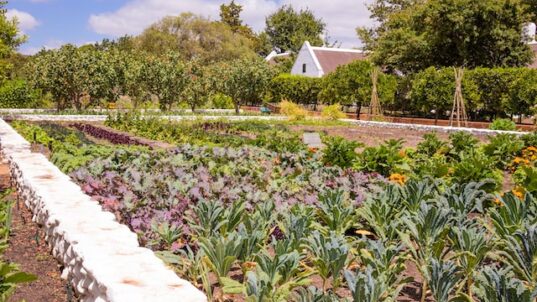The raucous debate last month (March, 2010) over the health care bill was hardly unexpected. For more than one hundred years, efforts to provide better access to decent health care for all Americans have been thwarted. And, in fact, when universal health care was being debated in Canada decades ago, there was similar vitriol by detractors.
What was disappointing about the most recent debate here, however, was the violent turn it took. Death threats from both extremes of the political spectrum were sent to member of Congress. Spitting and deplorable insults were directed at African-American and gay members of Congress. Congressional members who had lived through the Civil Rights Movement were unflustered, having seen worse. It had been some time, however, since Americans had seen debate boil over into such animus. Our country is once again stuck in one of those discourse ruts from which we might, at times, suspect we will never emerge. The intensity of the extremes eclipses the range of viewpoints that are available for consideration. IF’s mission aspires to bring a much wider range of views into focus by considering emergent areas of policy concern rather than the most immediately pressing issues that so readily cause tempers to boil over.
IF aspires both to draw out a contrasting range of potential policy approaches to an area of concern during its sanctuary projects and to then engage citizens in thought-provoking and engaging public discussions of those possibilities (and, possibly, others the public discussion group might propose). I have found that the following practices help to ensure these outcomes:
(1) Seat as many perspectives as possible at the table. A recent perusal of feedback collected from some of the citizens who participate in our public discussions suggests that we are skewed towards white and very well-educated participants. I would apply some caution to this observation since many of our public discussions are happening in rural Wisconsin, where internet access is not widespread. Many of our Wisconsin participants have a high school degree (or less) and several are Native Americans who are citizens of sovereign territories and therefore may define themselves in ways not represented by the questions we posit on our survey. That said, we also are hearing from our public discussion participants that they get the most insight from our discussions when there are diverse perspectives seated around the table. It can be helpful, then, to also ensure that a range of political, social, and demographic perspectives are included on sanctuary panels so that unique, robust, and contrasting possibilities can be generated. Panelists can always “imagine” other points of view, but this is much more likely to lead to a straw man outcome than is a possibility that is generated by real democratic discourse.
(2) Facilitate a voice for everyone. Given the point discussed above, it is crucial that a facilitator work hard to ensure that all of the perspectives that are seated at the table are adequately heard. This is where facilitation skills are sharpened: it can be very intense sometimes to facilitate the exploration of what may be very different points of view. As a facilitator, it can be helpful at such times to help to encourage the group to get beyond the binary opposition to a consideration of other possible framings. It is important, as well, to ensure that, as a facilitator, one’s own political biases not impinge upon one’s ability to elucidate what that particular group of citizens wants to explore. I have recruited several panelists to my panels who differ markedly in their world views from my own frame of reference (and from that of others on the panel). I sometimes find myself initially reacting to something one of these panelists might say but then reminding myself that my role is to ensure that they are able to voice their ideas in such a way as can be heard by the group. By the time I really hear their idea, I find that even I am reconsidering my initial reaction and, sometimes, even my own perspective on the issue under discussion. For me, this is the most exciting part of facilitating.
(3) Reports are starting points for public discussion. Rather than worrying about getting our reports “just right,” we might do better to consider their purpose. Are they meant to be careful summaries of what our panels’ ideas and the way by which they reached these ideas? Or, more likely, are they meant simply to be the starting point for discussions that are to be had by other citizens in public discussions. For me, the entire purpose of our sanctuary work is to provide a framework by which other citizens can talk about the area of concern. Therefore, my primary consideration with regard to our reports is that they incorporate a manageable number of possibilities (probably 4 – 6, with the advisement that less is more) and that the possibilities included be ordered in a thoughtful way and be representative of an interesting range of contrasting policy possibilities. To know what sorts of possibilities work best in public discussion, I find that it is crucial that anyone who is facilitating sanctuary projects also be actively engaged in facilitating public discussions. Every time I have done a public discussion, I have found that my facilitation skills have been honed, that citizens are yearning for such discussions and very astute at providing good feedback regarding our possibilities, reports, and process, and that I have walked away with a sense that the work IF is doing is the stuff that can both anchor and animate our democratic process. What could be more rewarding work?



